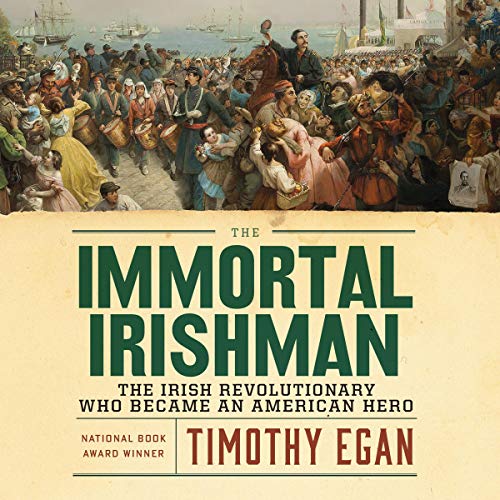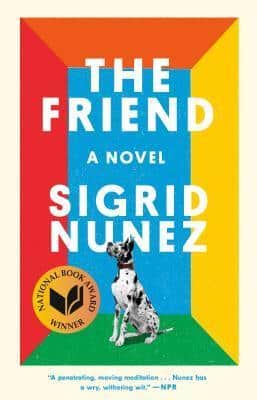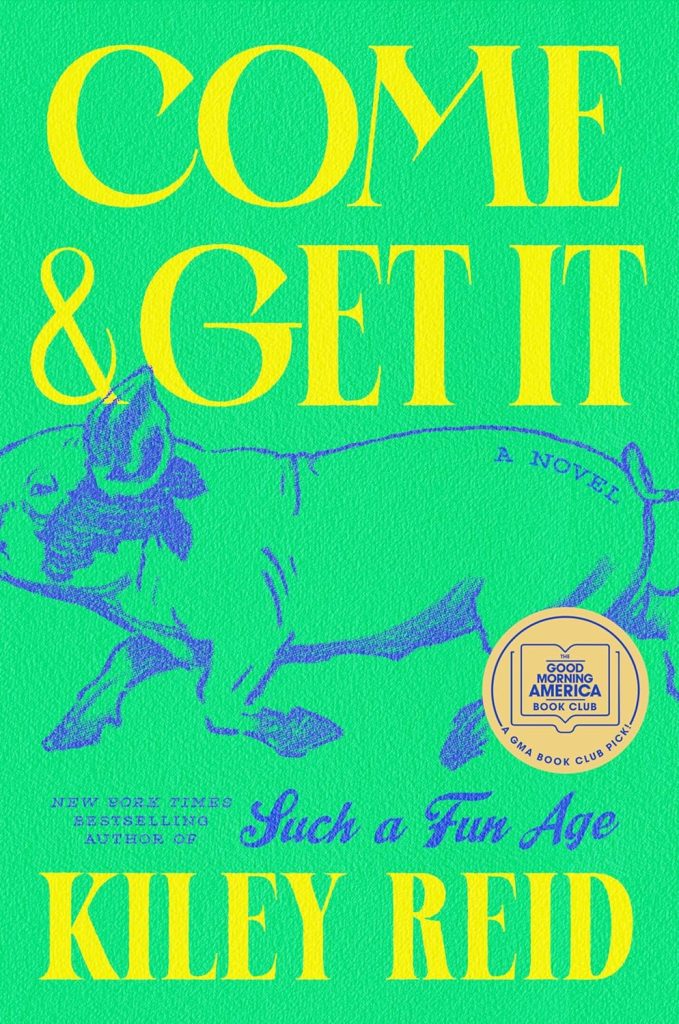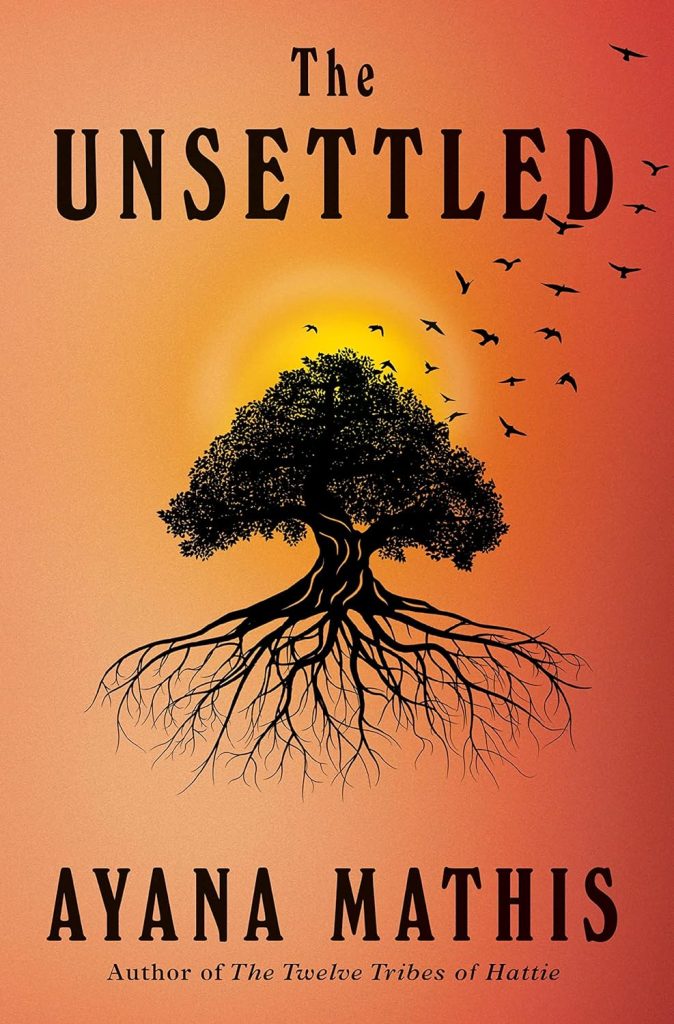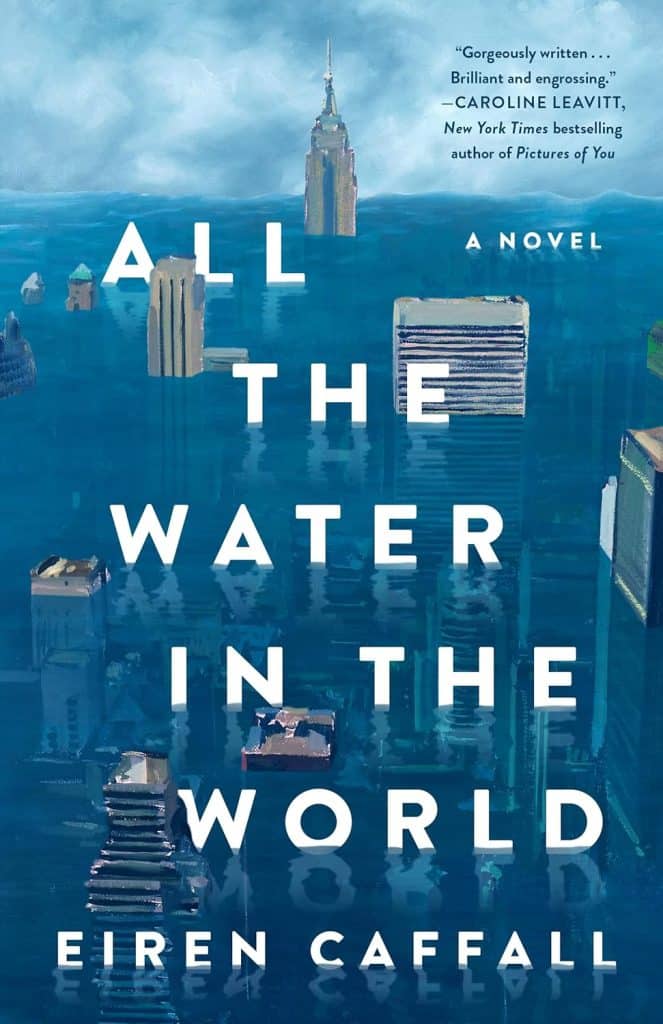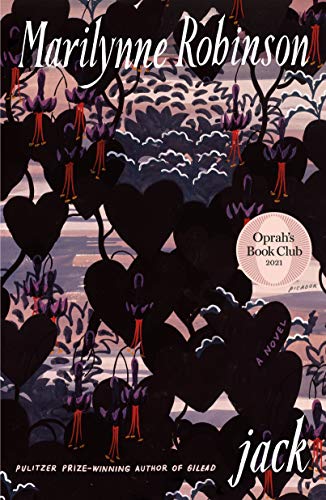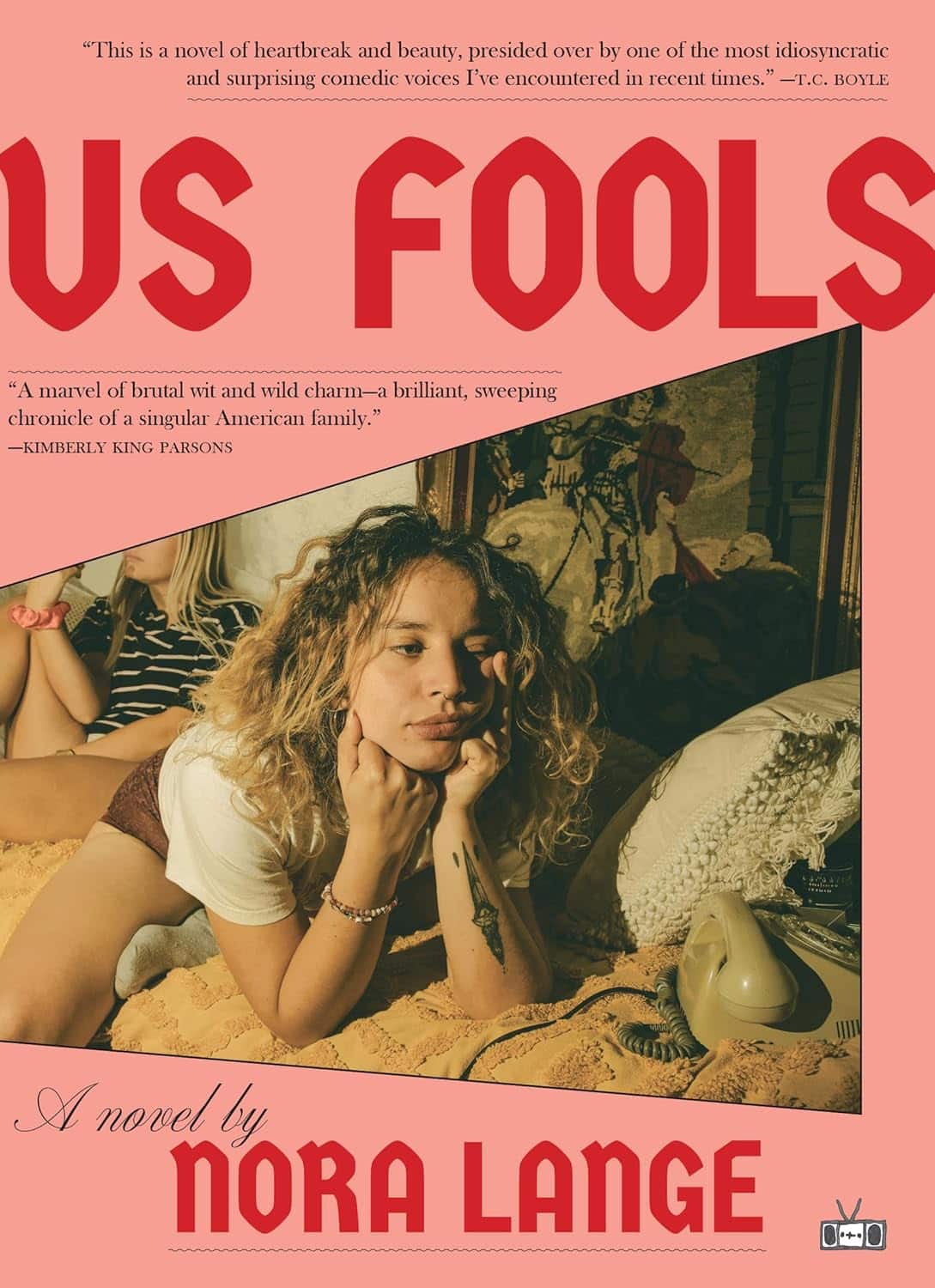
Us Fools: A Novel
Estimated reading time: 1 minute, 12 secondsToday, I embarked on the journey of Us Fools by Nora Lange. This poignant and personal American narrative is about two remarkable sisters who, against all odds, come of age during the Midwestern farm crisis of the 1980s. In her debut novel, Nora Lange has crafted a lively, ambitious, and heart-wrenching portrait of two unique sisters determined to persevere despite the harsh realities of capitalism and their circumstances. After a pivotal national election, this seemed like the perfect book to read.
Joanne and Bernadette Fareown, born and raised on a family farm in rural Illinois, are deeply impacted by their parents’ tumultuous relationship and mounting financial debt, haunted by the unsettling history of the women in their family. Left to fend for themselves, the sisters delve into Greek mythology, feminism, and Virginia Woolf. As they grapple with these trying circumstances, they must devise unique coping mechanisms and question the validity of the American Dream. At the same time, the rest of the nation disregards their struggling community.
Jo and Bernie’s imaginative efforts to escape their parents’ harsh realities ultimately fall short, prompting the family to relocate to Chicago. There, Joanne—free-spirited, reckless, and struggling to manage her inner turmoil—rebels in increasingly desperate ways. After undergoing her most significant breakdown yet, Jo goes into exile in Deadhorse, Alaska. Bernadette takes it upon herself to apply everything she has learned from her sister to rekindle a sense of hope in a failing world.


